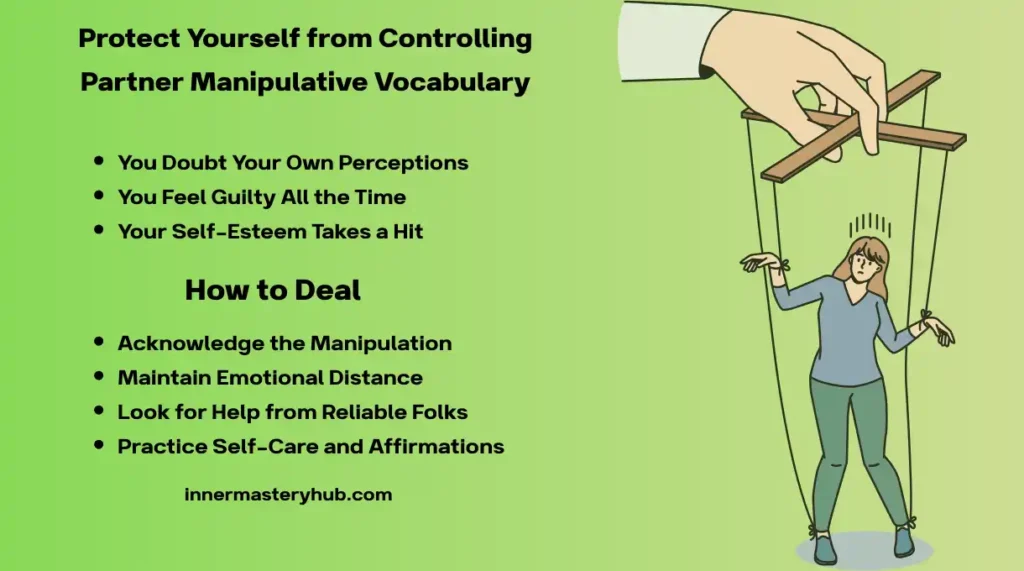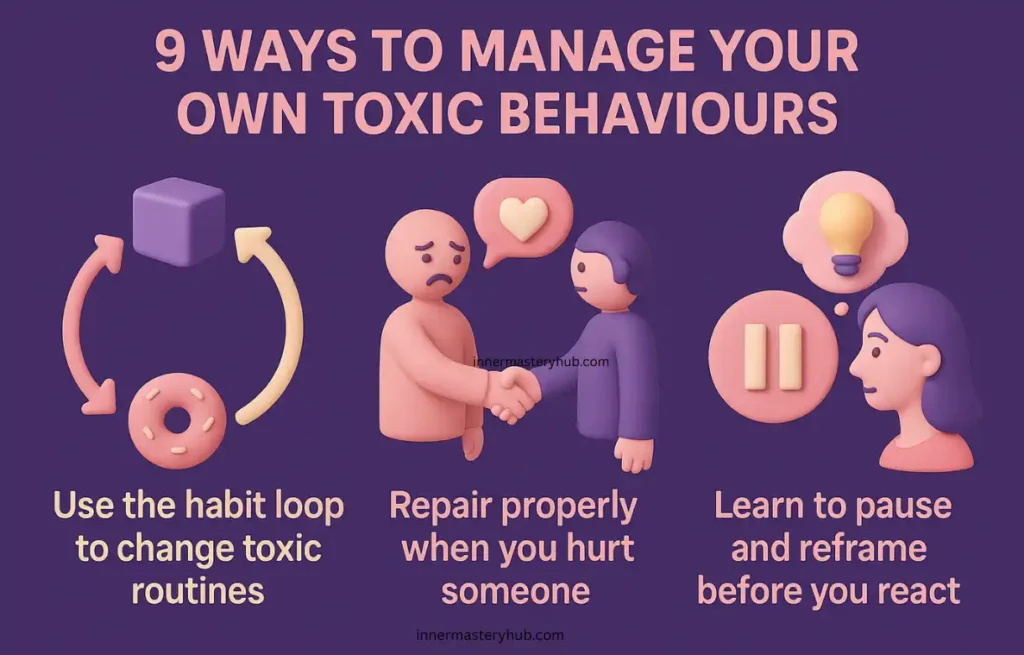Why People Who Act Friendly May Be More Dangerous Than You Think

All of us have come across people who act friendly. They immediately make us feel welcome and at ease with their kind beam and comfortable demeanor. But have you ever given any thought to whether or not their kindness is sincere? I have asked myself this question more than once. You see, you might avoid disappointments or even risky situations by understanding that not everyone who appears pleasant has good intentions.
Reasons behind People who Act Friendly
One might assume that someone is being kind because they want to be when you first meet them. After all, friendliness is generally seen as a positive trait. However, good intentions are not the driving force behind all friendly actions.
People who appear friendly, warm, and inviting do so for reasons other than a genuine wish to connect. Managing relationships in both the personal and professional domains may need an awareness of this.
Let’s people who appear friendly even when they are not:
Individual benefit. Others may behave well toward you to get knowledge, support, or social status. They put on a front of friendliness to gain your attention and achieve their goals.
Deception. Some people use their benevolence as a tool to influence others. They can affect your decisions or actions without you being aware of it if they gain your trust.
Cultural norms. There are times when people will act friendly only because it’s expected. Even if one does not genuinely connect with people, being kind is socially expected in some cultures or workplaces.
Self-worth. Being nice could be a way for some people to boost their self-esteem or cover up their concerns. If they are seen as likable, even if the relationship isn’t real, they could feel important.
The problem lies in the difficulty of recognizing these incentives. The warning signs are easy to overlook since many people who put up a good front are skilled at hiding their true intentions.
The Dangers of Misjudging People Who Act Friendly
People who appear friendly can occasionally put you in a difficult situation, as I have seen firsthand. Someone may have deceived you into believing them, only to have their intentions shown to be far from honorable. You start to doubt your judgment and feel betrayed as a result.
Friendly individuals can put you in awkward circumstances in the following ways:
Drain of Emotions. It can be emotionally taxing to invest time and energy into a relationship with an untruthful person. As you begin to feel used, the initial thrill of establishing a new connection quickly turns to annoyance.
Loss of Trust. There may be long-term consequences when someone uses your kindness as a means of manipulation. Trust becomes more challenging in the future, especially if you are unsure if someone’s generosity is sincere or just a ploy to get something from you.
Failures in the workplace. At work, people who appear friendly may be concealing something. Whether they are trying to advance in the company or push you aside for their own gain, these individuals can make your work life stressful and challenging.
Relationships that are stressed. Relationship tension might arise from misjudging someone’s welcoming disposition. You can give someone private information that they can use against you, or you might find yourself giving them more than they are prepared to give back.
It isn’t easy to foretell why people who appear to be friendly will be in your life. It’s easy to be caught off guard when the truth is revealed, and the emotional toll can be substantial. Therefore, it’s critical to learn how to recognize the warning signs at an early stage.
How to Recognize and Handle People Who Act Friendly
The good news is that friendly people who appear friendly can’t deceive you if you’re aware of it and use specific, practical tactics. To stay safe and handle these situations, follow these easy yet powerful tips:
Observe Actions, Not Just Words
Although people who act friendly often have an excellent way of speaking, actions speak louder than words. Be mindful of their behavior toward others, especially when they think you are not looking. Do they extend kindness to everyone, or is their generosity saved for those who can return the favor?
For instance, when she greeted guests, one of my coworkers used to smile, but she refused to help those who asked for assistance. It became clear that he was only interested in people who could assist him and that his generosity was a front.
Starting with seeing how people who appear friendly toward one another are in many settings. Are they constantly giving, no matter who is watching, or only when there is something to gain?

Set Boundaries Early On
People with hidden agendas who seem like friendly people frequently test your limits. They may try to approach you in a hurry or ask for personal information. Setting firm boundaries at the beginning of the relationship will help you take charge of the situation.
If a pleasant individual starts asking about your personal life or giving you unsolicited advice, for example, gently but firmly refocus the conversation. You make it apparent that you will not tolerate dishonesty or boundary violation by setting these limits.
Trust Your Intuition
Trust your gut when it comes to figuring out whether someone is genuinely nice. If something feels off, don’t ignore it. My own experience has shown me that trusting my intuition often leads to the best choices. If anything is bothering you, but you think someone is being too nice, take a step back and think about the situation.
Take Time to Build the Relationship
Real friendships take time to form, although people who appear to be friendly sometimes expect to connect instantly. Steer clear of becoming too close too quickly or sharing too much personal information. Take the time to get to know the individual and discover their true nature.
For instance, when you first meet someone in a business setting, wait to provide critical information until you’ve had a chance to assess whether their polite demeanor is reflected in their behavior. Reliable coworkers or sincere friends will respect your comfortable pace.
Ask for Feedback From Trusted Sources
One of the best ways to find out if someone is genuinely nice is to ask trustworthy friends or coworkers for recommendations. They could provide you with crucial details about the fundamental nature of that person if they have interacted with them.
I asked a coworker who had known them for years for assistance when I had concerns about their intentions. They shared their perspectives, which helped me make more informed decisions about the partnership’s direction.
Stay Calm and Detached
People who appear to be friendly often want to have an emotional connection with you as quickly as possible to control or influence you. Maintaining emotional distance, especially at first, keeps you sane and keeps you from falling for their good looks.
Being composed and disengaged entails taking a back seat and watching without becoming too absorbed. Being unpleasant or nasty is not implied by it. This allows you to use critical thinking skills and provide an objective analysis of the situation.
People Who Act Friendly Can Have Hidden Agendas
While people who appear friendly could seem harmless, it is vital to understand their true motives to protect yourself in social and professional situations.
By having an eye on what kids do, setting clear boundaries, and trusting your instincts, you may manage these situations more effectively. The key is to stay vigilant, prioritize your mental and emotional well-being, and fight the temptation to give in.
By following these tips, you’ll be better equipped to deal with people who appear friendly but might be hiding something. You’ll also form stronger, more sincere relationships with people who genuinely care about you if you do this.
Frequently Asked Questions (FAQ) about Why People Who Act Friendly
Why do some people who act friendly but aren’t?
To control or obtain something from others, people act friendly. They could not genuinely care about the person they are interacting with; instead, they may be looking for attention, exclusive advantages, or emotional approval.
How can you tell if someone is faking friendliness?
Please take note of their behavior as well as their words. Those who pretend to be friendly are often inconsistent, only lending a hand when they stand to gain something from it, or they may shy away from those who can’t help them.
What are the signs of a manipulative person who acts friendly?
Manipulative people frequently cross lines, try to steer discussions, or exhibit interest in your private life with the intention of using the information against you in the future. They won’t be sincere in their support either.
Can friendly people be toxic?
Yes, you may get emotional exhaustion from the actions of some persons who appear to be nice. They may be manipulative, domineering, or self-serving, all of which lead to toxic, unhealthy relationships.
Why do people act friendly in the workplace?
Some people pretend to be amiable to influence decisions, form alliances, or get promotions in professional settings. This may occasionally be a strategy to expand your network to advance your profession.
How should you respond to someone acting fake friendly?
Set limits, maintain your composure, and avoid becoming overly open. Follow your gut, watch how they behave, and cut ties if their friendliness seems phony or self-serving.
Is it normal to have people who act friendly for personal gain?
It’s common, indeed. Many pretend to be nice to win favor or trust. To obtain information, receive advantages, or raise their social status, they frequently strategically employ kindness.
What is the psychology behind people who act friendly?
Individuals may pretend to be amiable to conceal their fears, blend in, or control circumstances. They may have been socially conditioned to be likable to succeed, which may also be the cause.
Can you trust someone who is overly friendly?
Not at all times. People with excessive friendliness may be concealing hidden agendas. It is critical to monitor their behavior to determine whether their friendliness aligns with a sincere concern for others.
How do you avoid being manipulated by friendly people?
Set clear boundaries, trust your gut feelings, observe their consistency in behavior, and take your time building trust. If someone’s friendliness feels too good to be true, it might be.






